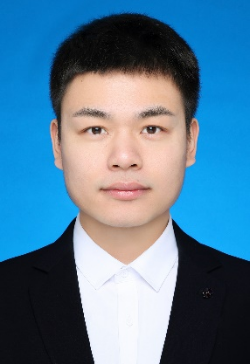
Dr. Hao Yuan is a postdoctoral researcher at Tongji University. He received his Ph. D degree in Automotive Engineering from Tongji University in 2023. His research focuses on dynamics analysis, state identification, and system control of PEM fuel cells. He has received China Postdoctoral Innovation Talents Support Program, Shanghai "Super Postdoctoral" Incentive Program, and Outstanding Doctoral Dissertation Award from China Society of Automotive Engineers. As the first or corresponding author, he has published 19 SCI papers and 6 EI papers in IEEE Trans, CEL, AE, etc., and holds 13 granted invention patents and 2 monographs.
The proton exchange membrane (PEM) fuel cell system is emerging as a promising contender for future electric vehicle power sources. However, its broad-scale deployment is hampered by its limited lifespan. Under the vehicular dynamic conditions, the degradation of PEM fuel cells is predominantly attributed to improper management of internal state levels, such as insufficient reactant concentration, lower membrane water content, and excessive liquid water within porous media. To facilitate subsystem management for extracting full power and prolonging the lifespan of the PEM fuel cell system, it is critical to implement real-time monitoring of internal states. This allows for responsive feedback control, ensuring the maintenance of internal states at their optimal levels. Nevertheless, direct measurement of internal states within the vehicular environment proves challenging due to the enclosed construction of the PEM fuel cells. Therefore, the urgent challenge to address is how to identify internal states of the PEM fuel cell online using existing measurement methods and implement precise control accordingly. This report presents the cutting-edge technologies for the internal state identification, discussed the status quo of control strategies for hydrogen, air, and thermal subsystems, and ultimately provide an outlook on the evolution of digital and intelligent technologies in the fuel cell system management.